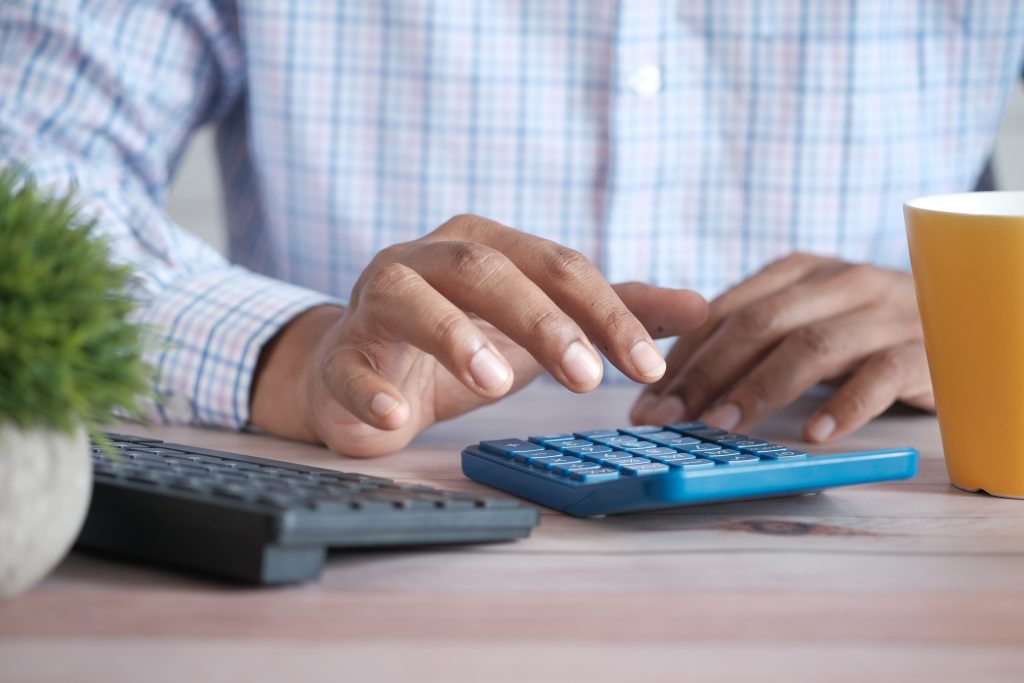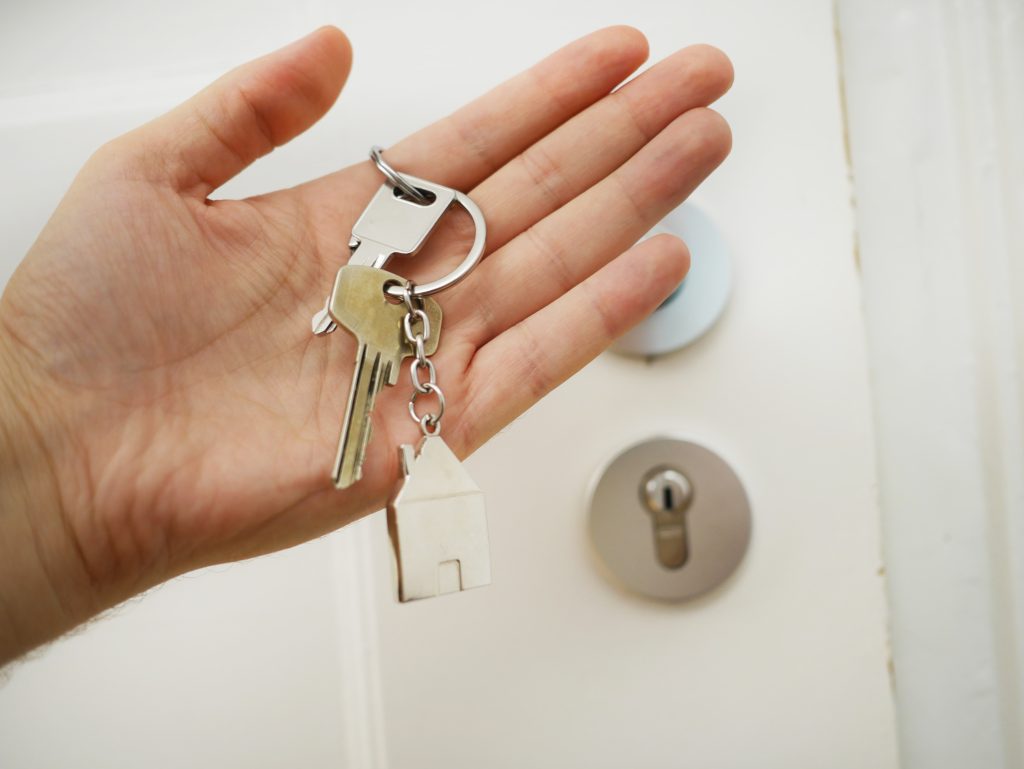Is it better to buy or lease commercial property
The decision to buy or lease commercial property presents a business with both benefits and risks, along with some financial and practical considerations.
Understanding what stage your business is at, whether that be a small or growing stage or a established or more mature stage, along with the pros and cons of buying and leasing commercial property, you will be able to make the right decision to benefit your business.
Leasing - small or growing businesses
As a small or growing business on the cusp of your first growth phase, your best option is to lease commercial property. Leasing commercial property lets you focus more on your business and free up capital, while allowing flexibility and no large initial costs.
Business focused
Additionally, leasing commercial property allows you to focus more on your small business. You will not have to split your attention between the upkeep of a commercial property and your business.
This is particularly relevant for growing companies whose time could be better spent defining brand, vision and purpose or hiring the right staff, listening to customers and building upon long-term business goals.
Free up capital
Leasing commercial property allows you to free up capital and better spend your money.
With access to working capital, you can respond quicker to market changes and invest in other things to grow your business. This includes hiring the right people, securing office space in a great location, equipment upgrades and keeping more money in your business for cash flow.
Flexibility
Leasing also allows you greater flexibility, this is important as a small business with an uncertain future.
Leasing commercial property allows you flexibility regarding the location of your office space, securing an agreement that’s in line with the stage of your business and your goals and the ability to up size or downsize in response to market changes.
Initial costs
When leasing commercial property there are no large initial costs. Although when buying commercial property, there are large initial costs and you will also need to secure a loan.
Leasing - established or more mature businesses
As an established or more mature business, your decision is much harder to make. Understanding your business and both short- and long-term objectives will help you decide.
Leasing commercial property as an established or more mature business allows you flexibility, tax advantages, return on investment, to reduce property costs and a avoid risks.
Flexibility
If your business operates in a volatile industry or requires flexibility to move into new markets or expand contracts quickly, leasing is a good option. You are able to upgrade or downgrade your property in relation to any rapid growth or declines that may occur.
Leasing also allows greater flexibility in terms of location, connectivity, visibility and access if your business relies heavily on image and branding.
Tax benefits
Leasing commercial property also includes tax benefits. The rent you pay for your property is tax deductible. And, if you make leasehold improvements to your premises to better suit your business requirements, you can claim depreciation on these modifications. You may also be able to claim those GST credits, provided that you and the owner of the property register for GST.
Return on investment
When buying commercial property, the equity requirement needed to finance the purchase of the property can be a significant expense. A large amount of capital needs to be outlaid up front, which may cause cash flow issues or other problems within your business.
Instead of buying, leasing commercial property and reinvesting this capital into other areas of your business, like marketing or talent acquisition, may yield a stronger return on investment than what you are able to generate from purchasing a property.
Another thing to consider is whether it’s better to have your available capital tied up in commercial property or reinvested back into your business.
Reducing costs
Depending on how outgoings are negotiated, leasing may mean you avoid certain costs that come with owning a commercial property.
Some of these costs may include insurance, general maintenance and repairs, building services such as cleaning or security, council fees, business rates and running costs such as heating and cooling.
Avoiding risks
Leasing commercial property means you are able to avoid particular risks, which as a property owner you would not be able to do.
As a commercial property owner, your property is more sensitive to economic conditions, prone to changes in market supply, fluctuate in value, vulnerable to infrastructure changes and it takes longer to find a tenant.
Buying - established or more mature businesses
Much like the benefits of leasing as a small and growing or established or more mature business, buying a commercial property also has its perks.
Buying commercial property gives you control over the property, it can add value to your business and tax deductions may be available.
Control over the property
If your business requires costly specialised fit-outs and equipment, then buying a commercial property may be a smart investment. Purchasing will guarantee you security of tenure to recoup high capital costs.
Whereas if you are leasing commercial property, provided you get your landlord’s permission, you are able to make improvements. However, you will often be required to return the space to its original condition. These costs will need to be factored in at the end of your commercial lease.
Adds value
Buying a commercial property should be considered if the purchase means you gain a competitive advantage by protecting the goodwill of your business, securing an iconic space or an iconic location, securing a site in an area that is considered a hub for your industry and where exposure benefits the brand.
Tax deductions
As a property owner, you’re able to claim tax deductions for expenses associated with owning and operating a business. This includes the interest on your loan, expenses incurred in the maintenance of the property and depreciation on fittings and fixtures.
Provided you meet the ATO criteria, you may also be eligible for GST credits on the GST paid as part of the purchase price, legal expenses and other costs. This could save you a significant amount of money.
Depending on how the ownership structure is arranged, it is also possible to negatively gear your property by offsetting your losses against your income. This will also save you money on the amount of tax you have to pay.
It’s important to remember that, as a commercial property owner, you will also have tax obligations to consider. The tax terrain for commercial property is complicated, ensure you seek professional advice. You will also need to consider the GST implications.
The right decision
The decision to lease or buy commercial property will be different for every business. Understanding the current short-term and long-term business demands of your business will help you decide what is best for you.
Get in touch with our commercial real estate agents today and discover how our experience, local knowledge and expertise can help you make the best commercial property decision for your business.





